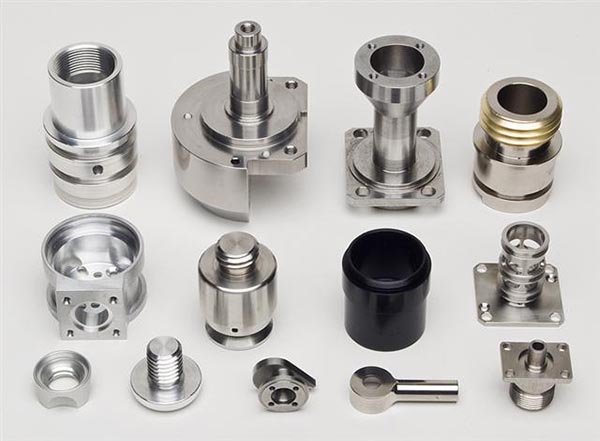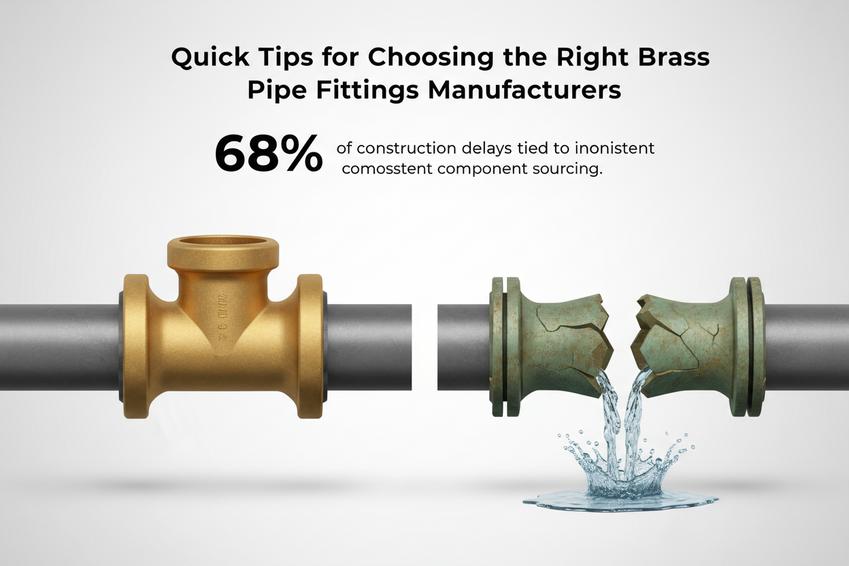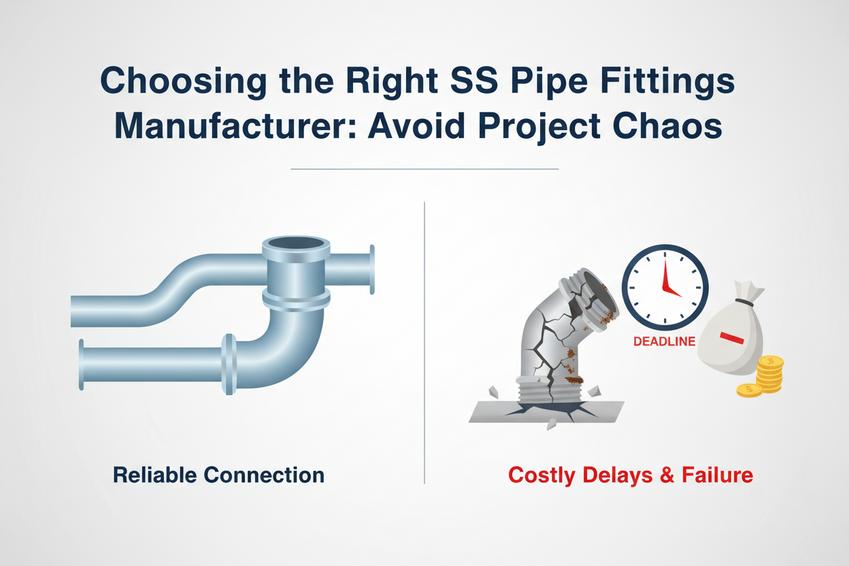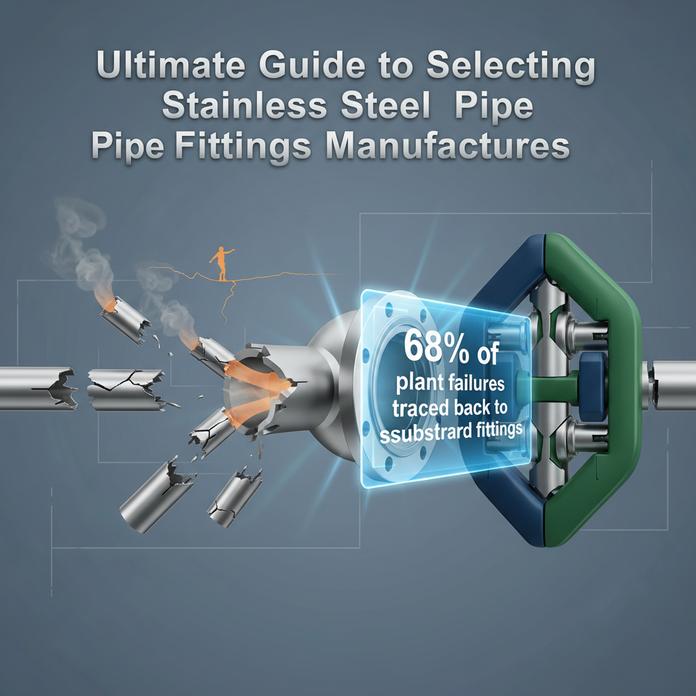what is a bulkhead plumbing fittings?
In industrial and plumbing systems, bulkhead plumbing fittings plays the big role.
A secure and leak-free bulkhead fitting can protect equipment, maintain flow efficiency, and extend system life.
So people design bulkhead plumbing fittings to seal pipes through tanks, panels, or walls.
What Is a bulkhead plumbing fittings?
bulkhead plumbing fittings is a type of pipe connector ,made by the fitting body , nut and washer .
design for allows a pipe, hose, or tube to pass through a tank wall, bulkhead, or enclosure.
Its main job is to create a watertight or airtight connection between two sides while keeping the wall completely sealed.
Main Components
A standard fitting bulkhead includes:
- Fitting body – the central part that passes through the wall
- Nut and washer – to tighten and secure the fitting on both sides
- Seal or O-ring – to ensure a leak-free barrier
Once installed, the fitting connects both sides firmly, ensuring no fluid escapes around the opening.
How It Works
Imagine you have a fuel tank or a water reservoir that needs a pipe connection.
Instead of drilling a hole and attaching a pipe directly, you use a bulkhead plumbing fitting.
This fitting passes through the tank wall and seals tightly, allowing fluid to flow safely in or out without leakage.
That’s why bulkhead plumbing fittings are widely used in:
- Hydraulic tanks
- Air compressor systems
- Water and fuel containers
- Industrial and agricultural equipment
- Marine and refrigeration systems
Why Choose Iron and Brass Material to produce bulkhead plmbing fittings?
Iron bulkhead fittings is cheap price and durable use .
Brass bulkhead fitting is easy produce and long time use .
1. Iron Bulkhead Pipe Fittings
Iron bulkhead fittings are high strength but low cost.
Advantages of Iron:
- High strength – handles vibration, pressure, and mechanical stress
- Pressure resistance – ideal for oil and hydraulic systems
- Durability – maintains thread quality after long-term use
- Cost-effective – reliable yet economical choice for large projects
Iron fittings often receive surface treatments such as zinc or nickel plating to prevent corrosion.
They’re especially popular in:
- Hydraulic power units
- Fuel and oil transfer lines
- Truck and trailer brake systems [Yuhuan hongqian machinery co.,ltd is professional supply for truck bulkhead frame fittings]
- Industrial machine assemblies
When properly coated and maintained, iron fitting bulkheads perform reliably even in harsh environments.
2. Brass Bulkhead Plumbing Fittings
Brass bulkhead fittings are valued for their corrosion resistance, clean appearance, and ease of installation.
They are perfect for applications involving water, air, or fuel where smooth sealing and longevity matter.
Advantages of Brass:
- Naturally corrosion-resistant – no rust, even in humid areas
- Easy to machine – ensures tight, leak-free threads
- Non-sparking – safer for fuel and gas systems
- Attractive finish – ideal for visible or decorative plumbing
Typical applications include:
- Water supply systems
- Cooling and air systems
- HVAC and marine systems
- Agricultural irrigation tanks
Brass bulkhead pipe fittings resist corrosion better than iron. They are also easier to install. This makes them ideal for light- to medium-pressure systems.
Iron vs. Brass Bulkhead Plumbing Fittings: Comparison
Characteristic | Iron Bulkhead Connector | Brass Bulkhead Connector
Durability | Ideal for heavy-duty applications | Adequate for moderate pressure levels
Resistance to Corrosion | Requires a protective layer | Inherently resistant to corrosion
Temperature Tolerance | Withstands high temperatures | Suitable for standard temperatures
Visual Appeal | Industrial gray color | Smooth, golden finish
Price | Cost-effective | Slightly more expensive
Typical Applications | Hydraulic and oil setups | Systems for water, fuel, and air
Summary:
- For high pressure and heavy equipment, choose iron bulkhead pipe fittings.
- For corrosion resistance and easy assembly, use brass bulkhead plumbing fittings.
Bulkhead Fitting Design and Specification
When selecting a fitting bulkhead, consider these key specifications:
- Material: Iron or brass
- Thread Type: NPT, BSP, or custom fine threads
- Seal Type: Flat washer, O-ring, or compression
- Panel Thickness: Choose the correct fitting length for your tank wall
- Size Range: From 1/8″ up to 2″ for most industrial uses
Properly choosing your bulkhead plumbing fittings ensures perfect sealing and long-term reliability.
How to Install a Bulkhead Plumbing Fitting
Installing bulkhead plumbing fittings is simple but must be done correctly to ensure no leaks.
Step-by-Step:
- Drill or punch a clean hole in the wall or tank panel.
- Insert the fitting bulkhead through the hole.
- Add the seal or O-ring on the inner side.
- Tighten the nut from the opposite side by hand.
- Use a wrench to secure it — tighten evenly but do not over-torque.
- Connect your pipes or hoses, and test for leaks.
Tips:
- Use thread sealant or Teflon tape on iron bulkhead pipe fittings for better sealing.
- Avoid mixing brass fittings with aluminum to prevent galvanic corrosion.
- Recheck tightness after the system runs for a few hours.
Maintenance and Longevity
Both iron and brass bulkhead plumbing fittings are built to last, but maintenance helps extend their life.
- Inspect seals or O-rings regularly.
- Replace worn washers immediately.
- Keep threads clean and free from debris.
- Protect iron fittings with anti-rust coating in outdoor environments.
- Wipe brass fittings with mild detergent to maintain shine.
Well-maintained fittings can last for years with no leakage or structural damage.
Applications of Iron and Brass Fitting Bulkheads
carbon steel and brass bulkhead pipe fittings are normally used in industry ,truck area .
Common Applications:
- Hydraulic and fuel systems
- Water storage tanks and irrigation setups
- Pneumatic and air compressor lines
- Cooling and lubrication systems
- Marine, truck, and trailer systems
Industry Examples:
- Manufacturing and machining equipment
- Agricultural machinery
- Automotive and heavy vehicles
- Construction and mining equipment
Bulkhead plumbing fittings are important for all types of systems. They help keep everything sealed, connected, and running safely.
Benefits of Using Metal Bulkhead Pipe Fittings
- Leak-Free Sealing: O-rings or washers ensure reliable sealing under pressure.
- High Strength: Metal fittings handle vibration, pressure, and temperature swings.
- Versatility: Suitable for water, oil, air, and fuel.
- Easy Installation: Simple design; no welding or special tools needed.
- Reusable: Can be removed and reinstalled during maintenance.
- Durability: Iron and brass materials resist deformation and wear.
- Wide Compatibility: Works with standard pipe threads and fittings.
By choosing quality bulkhead plumbing fittings, you reduce maintenance time and system downtime while improving safety and efficiency.
Choosing the Right Bulkhead Plumbing Fitting
Before purchasing, consider these practical points:
- Material:
- Use iron fitting bulkheads for strength and high pressure;
- use brass bulkhead plumbing fittings for water and air systems.
- Thread Type:
- Ensure the fitting thread matches your pipe system (NPT, BSP, or metric).
- In the life , we often use 3 4 bulkhead fitting, 1 2 bulkhead fitting ,1 4 bulkhead fitting, 1 bulkhead fitting, 3/8 tubing bulkhead fittings.
- Seal Material:
- Select O-rings compatible with your fluid — nitrile for oil, silicone for water, etc.
- Pressure Rating:
- Check maximum working pressure to prevent leaks or thread failure.
- Panel Thickness:
- The fitting body must match your tank or wall thickness.
Choosing the right bulkhead pipe fitting helps ensure system stability, safety, and long-term savings.
Environmental and Safety Advantages
Metal bulkhead plumbing fittings also contribute to a safer and cleaner environment:
- Prevent leaks and spills, protecting equipment and operators.
- Recyclable materials reduce waste.
- Long lifespan means fewer replacements and less downtime.
- Consistent pressure sealing prevents costly system failures.
For industrial and commercial systems, using high-quality iron and brass bulkhead pipe fittings supports both performance and sustainability.
Conclusion
Iron and brass bulkhead plumbing fittings are essential for building strong and leak-free piping systems. Iron bulkhead pipe fittings work well for heavy-duty and industrial uses because they are strong and can handle high pressure. Brass bulkhead fittings are better for water, air, and other fluids since they resist rust and last a long time.
Choosing the right material helps your system run safely and smoothly with less maintenance. Whether used in plumbing, factories, or machinery, bulkhead plumbing fittings may look simple but they make a big difference in keeping your system reliable and long-lasting.




